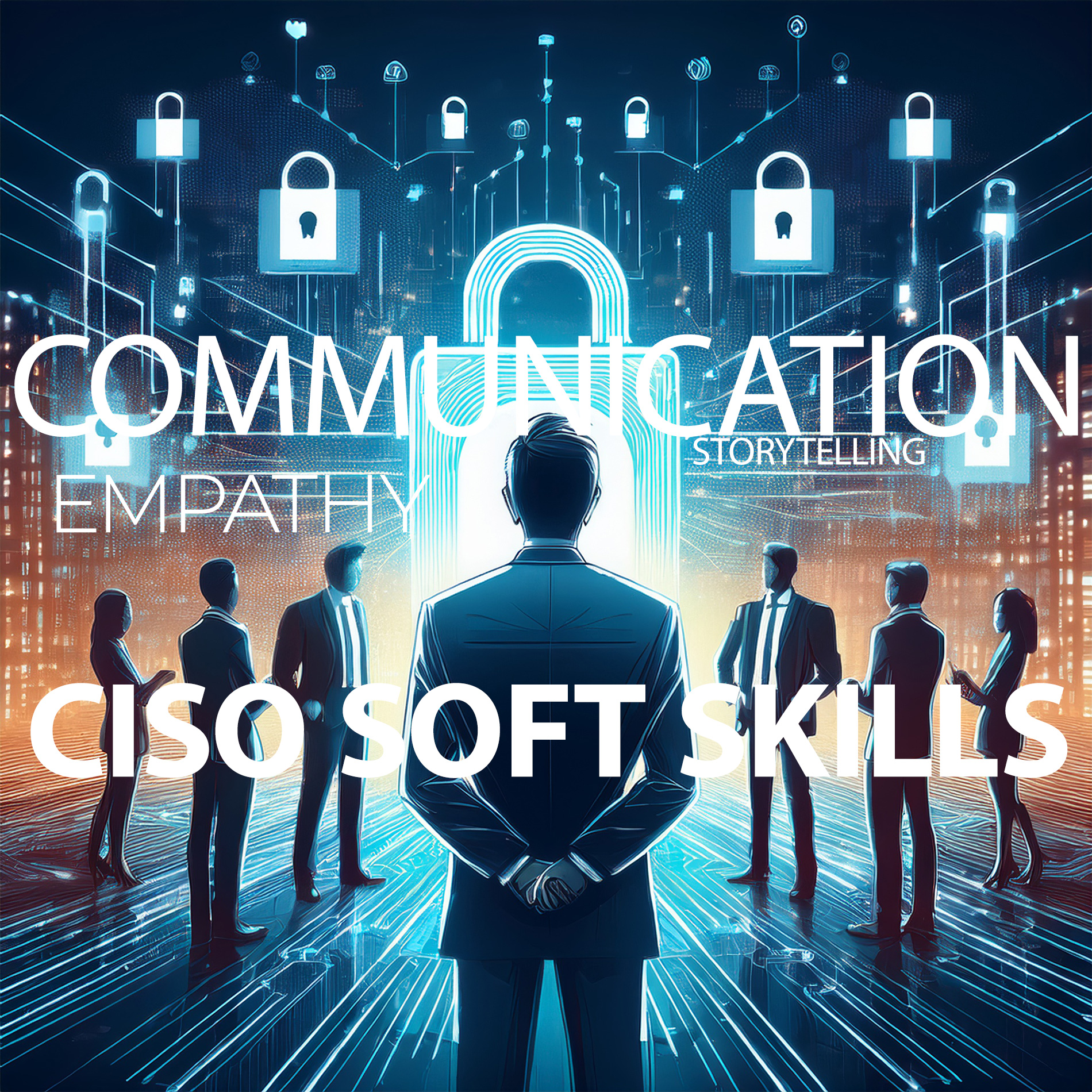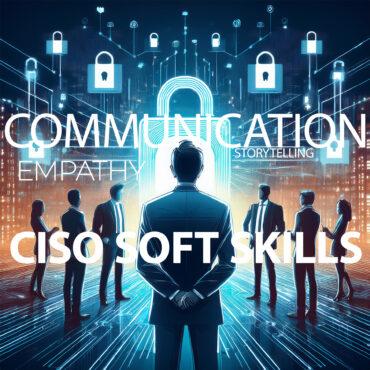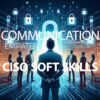When people think of a Chief Information Security Officer (CISO), they often picture someone deeply technical — an expert in threats, tools, and frameworks. While technical acumen is certainly important, the secret to success in the CISO role often lies somewhere less obvious: soft skills.
In fact, a CISO’s ability to influence, communicate, and lead with empathy is often more important than their ability to configure a firewall or decipher an incident report. Why? Because the real work of a CISO isn’t just locking down systems — it’s changing human behavior in organizations that may be resistant to change.
Why CISO Soft Skills Matter More Than Ever
Unlike IT managers or security engineers, the CISO doesn’t just protect systems — they protect the business. That means navigating boardrooms, influencing culture, and coaching people across all departments to adopt secure behaviors they might find inconvenient, confusing, or even frustrating.
You can’t enforce your way to security. A good CISO must inspire, persuade, and teach — sometimes in the face of resistance. You might be the one saying “no” to a CEO’s favorite vendor, pushing back on a popular new tool, or leading a post-breach press response. These moments require more than technical depth — they demand composure, confidence, and emotional intelligence.
The Key Soft Skills Every CISO Needs
- Storytelling: Turning technical risks into business-relevant narratives that executives and non-technical teams can act on.
- Empathy: Understanding user frustrations, business goals, and risk tolerance — and finding the balance.
- Negotiation: Aligning security needs with organizational priorities and budgets.
- Teaching: Making security awareness relatable, not painful. People learn when they’re engaged — not shamed.
- Presence: Holding your own in the boardroom, on stage, or in a crisis situation.
- Active Listening: Knowing when to speak and when to pause — especially when gathering buy-in from stakeholders.
Training and Drills to Build CISO Soft Skills
These skills aren’t innate — they’re trained. Just as you wouldn’t trust a CISO who never updates their knowledge of threat actors, you shouldn’t trust one who ignores soft skill development.
Here are practical ways a CISO can sharpen these critical soft skills:
- Take Acting or Improv Classes
Acting builds confidence, public speaking ability, and presence under pressure — perfect for board briefings, press events, and security awareness presentations. Improv teaches quick thinking, listening, and collaboration in unpredictable situations — exactly what you need in an incident response scenario.
- Attend Non-Technical Leadership Conferences
Conferences focused on communication, psychology, and executive leadership are a goldmine. Look for tracks on organizational change, negotiation, or risk communication. The goal is to see the business world from outside your security bubble.
- Teach Security Awareness Training Yourself
Most CISOs delegate awareness training — but teaching it yourself is one of the best ways to improve how you communicate security ideas to non-technical audiences. You’ll quickly learn what lands, what flops, and how to adapt in real time.
- Practice Business Storytelling
Turn your risk reports into narratives. Instead of “We’re missing MFA on 17 endpoints,” tell the story: “If an attacker got credentials from phishing, these 17 machines would let them walk into finance systems unchecked.” Practice telling these stories at all-hands meetings or leadership syncs.
- Run Executive Tabletop Exercises
Design and lead crisis simulations for your execs and directors. Not only will this grow their readiness, but it builds your skill in navigating high-stakes meetings and aligning divergent viewpoints — a hallmark of seasoned CISOs.
Final Thought: This Is the Job
If you’re a CISO and feel like half your time is spent convincing people to do things they don’t want to do — congratulations. You’re doing it right.
The job of a CISO is not just technical — it’s fundamentally human. You are a communicator, a coach, a translator, a strategist, and yes, a protector. The better you get at influencing people, the better you can protect them.
And in today’s world, that may be the most important skill set in cybersecurity.
Find out more about CISO Support Services here,







